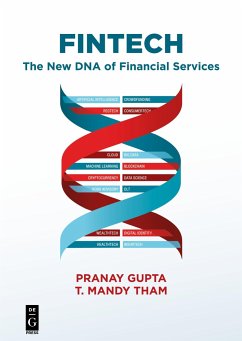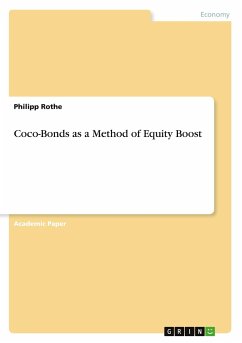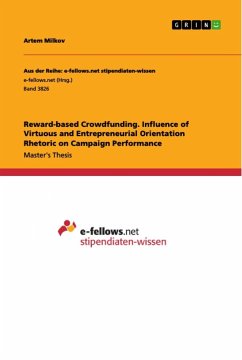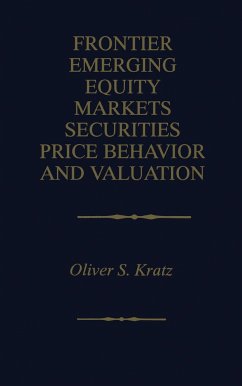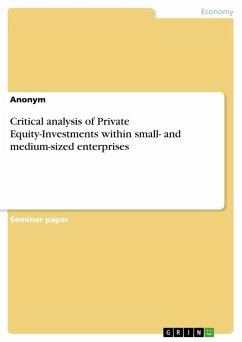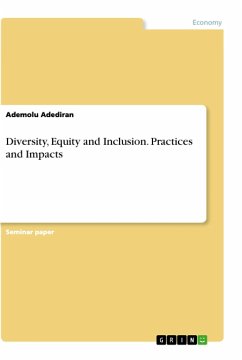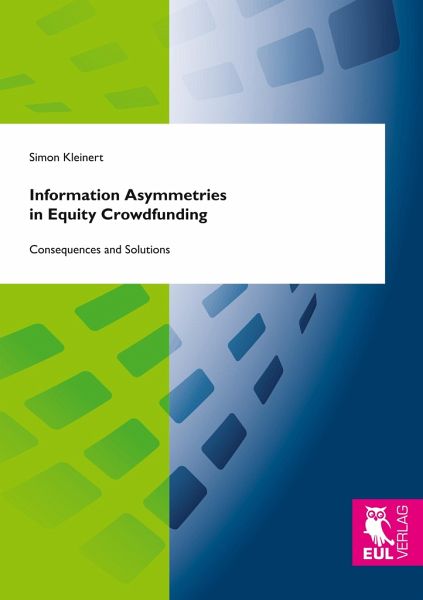
Information Asymmetries in Equity Crowdfunding
Consequences and Solutions
Versandkostenfrei!
Versandfertig in 1-2 Wochen
52,00 €
inkl. MwSt.

PAYBACK Punkte
0 °P sammeln!
Digital fundraising platforms diffused all over the globe and enabled entrepreneurs to exploit opportunities for which traditional financing is not yet available. While several new financing alternatives emerged, equity crowdfunding is the preferred choice for entrepreneurs with particularly innovative business models, high capital needs and growth aspirations. Although of great potential for entrepreneurs, equity crowdfunding involves severe information asymmetries because amateur funders with little investment experience invest in risky new ventures. Resolving this kind of asymmetric informa...
Digital fundraising platforms diffused all over the globe and enabled entrepreneurs to exploit opportunities for which traditional financing is not yet available. While several new financing alternatives emerged, equity crowdfunding is the preferred choice for entrepreneurs with particularly innovative business models, high capital needs and growth aspirations. Although of great potential for entrepreneurs, equity crowdfunding involves severe information asymmetries because amateur funders with little investment experience invest in risky new ventures. Resolving this kind of asymmetric information is not only a condition for the success of entrepreneurial funding campaigns but also the durability of equity crowdfunding markets at all. This doctoral thesis comprises three scientific studies that shed light on information asymmetries in equity crowdfunding, its consequences, and solutions. The first study uses a mixed-method approach and explores 574 discussions that were initiated by investors to communicate with their peers and the entrepreneurs. The second study draws on a dataset of 221 funding campaigns and provides evidence for a strong signaling effect of prior financing that is of particular relevance for uncertain and less developed companies. Based on a cross-platform panel dataset of 13,531 funding days and a conjoint experiment with 127 amateur investors, the third study examines the relationship between information asymmetries and herd behavior. The results of the three empirical investigations contribute to an emerging research field and provide practical implications for entrepreneurs, platform providers, and policy makers.





